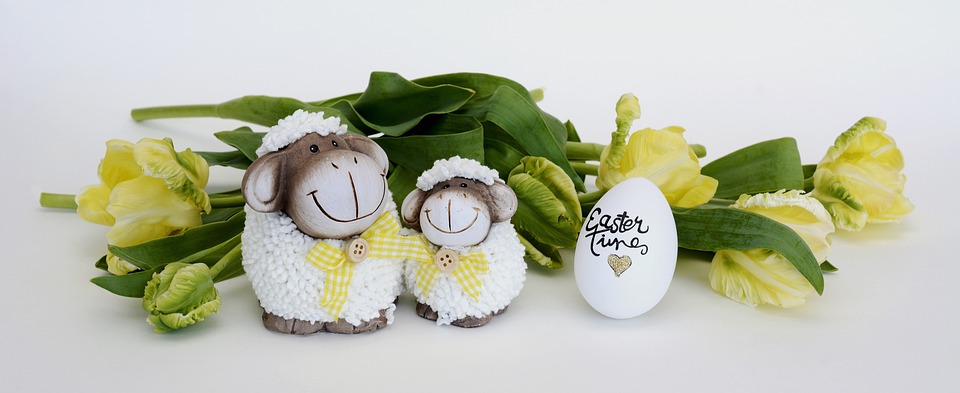Parrots are intelligent and social creatures, but during their hormonal periods, they may exhibit aggressive behavior. Understanding and effectively managing this aggression is crucial for the well-being of both the parrot and its owner. In this article, we will explore various strategies to discourage aggressive behavior in parrots during hormonal periods.
Hormonal periods in parrots are natural cycles that occur as a result of changes in light and temperature. These cycles can vary in duration and intensity depending on the species and individual bird. During hormonal periods, parrots may become more territorial, possessive, and prone to aggressive behavior.
There are several causes of hormonal behavior in parrots. These can include changes in daylight hours, temperature fluctuations, breeding season, and even the presence of a potential mate or perceived threat. It’s important to recognize these triggers and understand how they affect your parrot’s behavior.
Common signs of aggression during hormonal periods can include biting, lunging, screaming, and feather plucking. It’s crucial to be aware of these signs and take appropriate action to discourage aggressive behavior.
Creating a hormone-friendly environment is essential to managing aggression in parrots. Controlling light and temperature can help regulate their hormonal cycles. Providing a consistent environment and minimizing triggers and stressors can also help reduce aggressive behavior.
In terms of diet and nutrition, balancing your parrot’s diet is crucial to avoid excessive hormonal stimulation. Certain foods, such as those high in fat and protein, can contribute to increased hormonal activity. It’s important to avoid these foods during hormonal periods. Additionally, there are supplements and hormonal regulators available that can help manage hormonal behavior in parrots. However, it’s essential to consult with a veterinarian before using any of these products.
Positive reinforcement training is an effective way to discourage aggressive behavior in parrots. Using reward-based training techniques can help redirect their behavior and reinforce positive actions. Consistency and patience are key when training your parrot, as it may take time for them to learn and adjust their behavior.
Building a strong bond with your parrot is crucial to managing aggression. Spending quality time with your parrot, establishing trust and mutual respect, and engaging in interactive play and training sessions can help strengthen your bond and reduce aggressive behavior.
In some cases, professional help may be necessary to address aggressive behavior in parrots. Recognizing when professional intervention is needed is important for the well-being of your parrot. Choosing a qualified avian behaviorist or veterinarian who specializes in bird behavior is crucial. Implementing expert advice and recommendations can greatly assist in managing aggression during hormonal periods.
In conclusion, understanding and addressing aggressive behavior in parrots during hormonal periods requires a combination of knowledge, patience, and effective strategies. By creating a hormone-friendly environment, providing a balanced diet, implementing positive reinforcement training, and building a strong bond, you can significantly reduce aggression and ensure a harmonious relationship with your feathered companion. Remember, seeking professional help when needed is crucial for the well-being of your parrot.









